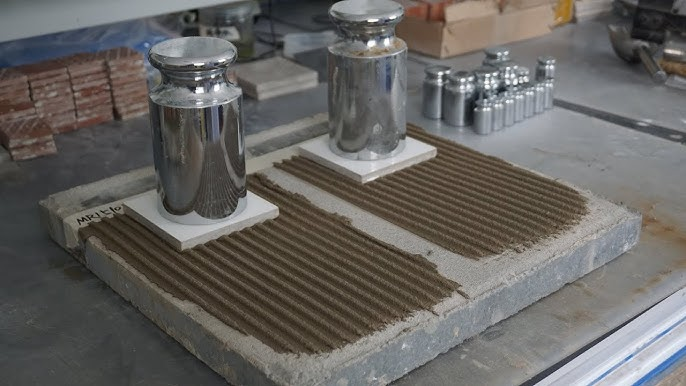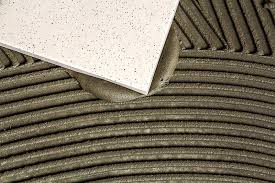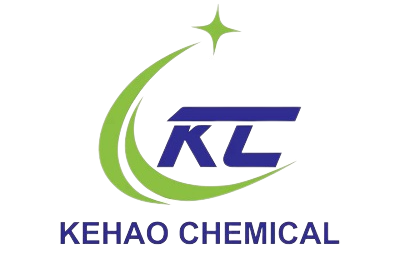How Does RDP Enhance Adhesion and Flexibility in Dry-Mix Mortars?
When mortars fail to bond or crack after curing, projects face costly delays. Many builders wonder if there is a single additive that improves both adhesion and flexibility at once.
Redispersible Polymer Powder (RDP) is a spray-dried polymer additive that enhances mortar performance by increasing adhesion, flexibility, and durability. It disperses in water, forms a stable polymer film, and significantly improves bonding with cement-based substrates.

RDP in Dry-Mix Mortars
If you are involved in construction projects, you know that poor bonding or cracks can ruin progress and budgets. In this article, I will explain what RDP is, why it improves mortar, and how it provides lasting adhesion and flexibility for cement-based applications.
What Is Redispersible Polymer Powder and Why Does It Improve Mortar Performance?
When mortars are mixed with only cement and sand, they often lack strong bonding and crack resistance. Builders need an additive that upgrades these basic mixes.
Redispersible Polymer Powder (RDP) is a free-flowing powder that, when mixed with water, redistributes into a stable emulsion. This emulsion improves adhesion, workability, and durability in cement-based mortars.

Understanding RDP Powder
How RDP Works in Mortar Systems
RDP is based on vinyl acetate and ethylene copolymers. Once dispersed in water, it forms polymer films within the cement matrix. These films increase bonding strength between mortar and substrates such as concrete, brick, or tiles. They also improve flexibility, allowing mortars to absorb stress without cracking.
| Property | With Cement Only | With RDP Added |
|---|---|---|
| Adhesion | Weak bonding | Strong bonding |
| Flexibility | Brittle | Elastic |
| Water Retention | Low | High |
| Durability | Short-term | Long-lasting |
For technical validation, the European Mortar Industry Organization (EMO) recognizes polymer-modified mortars as industry standards for performance and durability.
How RDP Enhances Adhesion Strength in Cement-Based Applications?
Many mortars fail because they do not stick firmly to surfaces like tiles, walls, or concrete. Poor adhesion often results in failures such as hollow tiles or peeling coatings.
RDP enhances adhesion by forming a polymer film inside the mortar that bonds strongly with both cement hydration products and substrate surfaces, ensuring long-lasting attachment.

Improved Adhesion with RDP
Why Adhesion Matters
Strong adhesion is critical in tile adhesives, repair mortars, and wall coatings. Without it, even high-quality tiles or finishes fail prematurely. RDP ensures that mortars stick tightly, even under stress.
How RDP Improves Adhesion
- Surface Wetting: RDP improves mortar spreadability and ensures better surface coverage.
- Polymer Film Formation: As water evaporates, polymer films form that lock particles together and anchor to surfaces.
- Cohesion Strength: Mortars resist pulling forces, reducing failures like detachment or slippage.
| Adhesion Application | Result With RDP |
|---|---|
| Tile Adhesive | No hollow tiles |
| Wall Plaster | Stronger grip |
| Repair Mortar | Longer lifespan |
According to Cement.org, polymer-modified mortars are proven to extend adhesion and durability compared to standard mixes.
Why RDP Improves Flexibility and Crack Resistance in Dry-Mix Mortars?
Rigid mortars often crack when exposed to stress, shrinkage, or temperature changes. This reduces durability and increases maintenance costs.
RDP improves flexibility by forming elastic polymer films in the mortar structure. These films allow mortars to absorb stress and resist cracking over time.

Flexibility in Mortars with RDP
Why Flexibility Is Critical
Buildings move due to loads, temperature changes, or moisture. Mortars without flexibility crack, allowing water ingress and reducing service life. Flexibility prevents cracks and protects structural integrity.
How RDP Enhances Flexibility
- Elastic Polymer Matrix: RDP creates films that deform with stress rather than break.
- Shrinkage Resistance: It reduces drying shrinkage, lowering the chance of micro-cracks.
- Impact Absorption: Mortars handle physical stress without losing structure.
| Feature | Without RDP | With RDP |
|---|---|---|
| Crack Resistance | Low | High |
| Flexibility | Brittle | Elastic |
| Durability | Limited | Long-term |
The American Concrete Institute supports polymer modification as a reliable method to improve flexibility and extend service life of mortars.
Conclusion
RDP is more than an additive. It upgrades mortars with strong adhesion, flexibility, and durability, making construction safer and more reliable across applications.



